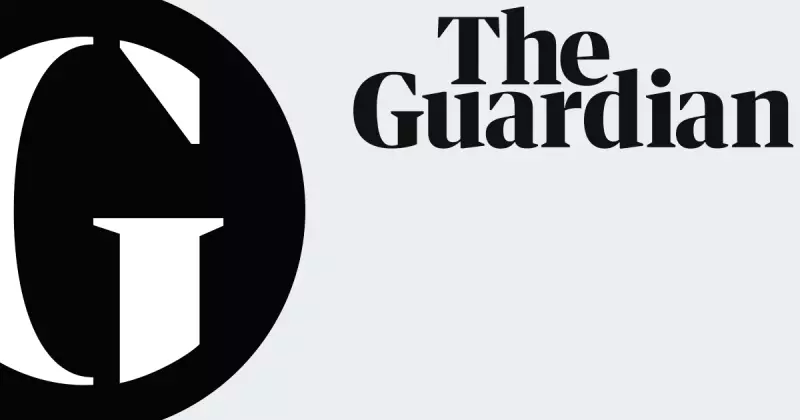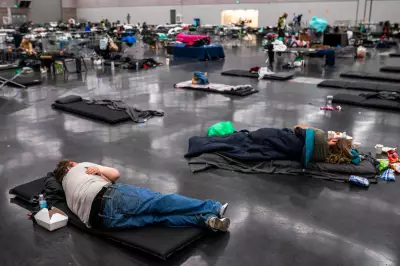
The Great Barrier Reef, one of the world's most vital marine ecosystems, has suffered its most dramatic annual coral loss in over four decades. Scientists report that extensive coral bleaching, driven by rising ocean temperatures, has led to the sharpest decline in live coral coverage since the 1980s.
Alarming Coral Loss
Recent surveys reveal that large sections of the reef have been severely impacted by bleaching, a stress response caused by prolonged exposure to warm waters. This phenomenon forces corals to expel the algae living in their tissues, turning them white and leaving them vulnerable to disease and death.
Climate Change at the Core
Experts point to climate change as the primary driver behind the increasing frequency and intensity of bleaching events. Rising sea temperatures, exacerbated by greenhouse gas emissions, have pushed the reef beyond its natural resilience threshold.
Ecological and Economic Impact
The Great Barrier Reef supports an incredible diversity of marine life and contributes billions to Australia's economy through tourism and fisheries. Its continued degradation poses significant risks to both biodiversity and local livelihoods.
Calls for Immediate Action
Conservationists are urging governments and industries to accelerate efforts to reduce carbon emissions and implement stronger marine protection policies. Without swift intervention, the reef's ability to recover may be permanently compromised.





